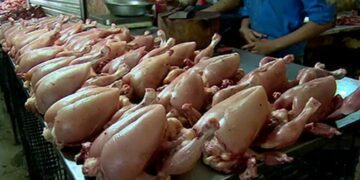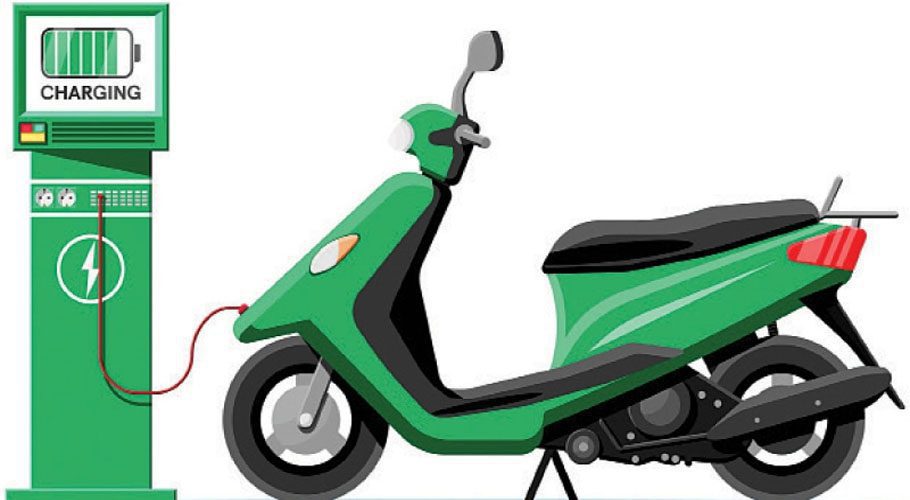![]() Follow Us on Google News
Follow Us on Google News
According to a UN report, global food prices have surged by the biggest margin in nearly a decade, heightening fears that the inflation initially stoked by pandemic disruption was accelerating. A United Nations assessment of world food costs climbed for twelve straight months in May – its longest stretch in a decade.
This higher inflation will affect poor countries reliant on food imports, while rich countries will face higher prices at retailers as large companies will pass on the increase to consumers. As lockdown restrictions ease worldwide, many people would return to eating out gradually which would further increase prices along with cost of labour, transport and shipping. The surge in food prices can lead to food riots in many nations.
The world’s consumer price inflation for food has already jumped 6.3% in 2020, up from 4.6 percent in 2019, as the pandemic disrupted global supply chains, affecting food production and distribution. This is a global problem from droughts in Brazil, declining production in Southeast Asia and soaring Chinese demand which dwindled stockpiles.
In Pakistan, the surging food prices is also one the greatest obstacle hampering growth and development. Inflation remained in double digits for the second successive month due to increase in energy, food prices and stood at 10.9 percent in May. Higher food prices and inflation is not just Pakistan’s problem but many countries and regions are facing higher inflations. South America with 21% food inflation, Africa and South Asia with 12% and Oceania with 8% were among the most affected regions.
The PTI government has blamed the IMF for the high inflation in the country. Finance Minister Shaukat Tarin said the global lender forced them to increase interest rates and electricity prices which doubled the cost of debt serving and pushed inflation forward. Earlier Fawad Chauhdry had stated how food prices was a global problem and not limited to Pakistan.
The UN report could vindicate the government’s stance that it cannot be blamed for food prices. This does not absolve the government from responsibility. The government should rather aim to reduce food prices and provide relief to the masses.

















